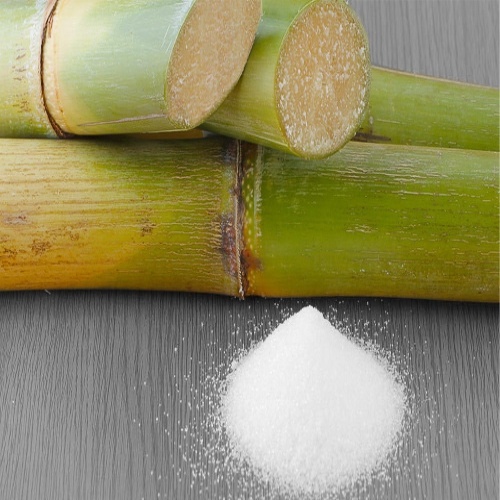After 155 years of operation, the historic Abu Qurqas Sugar Factory has decided to cease cane sugar production due to a significant decline in sugar cane supply, as revealed by Issam El-Din El-Badawi, the head of the Egyptian Sugar and Integrated Industries Company (ESIIC), affiliated with the Ministry of Supply and Internal Trade, reported Ahram Online.
El-Badawi disclosed that the factory, which traditionally received 750,000 tons of sugar cane annually until 2020, experienced a drastic reduction to 90,000 tons in 2023, resulting in losses amounting to EGP 112 million. In 2024, the supply further plummeted to a mere 10,000 tons, insufficient to sustain operations for more than five days. Consequently, the factory has opted to discontinue cane sugar production and focus exclusively on beet sugar production.
El-Badawi attributed the decline in sugar cane supply to “unfair competition,” indicating that rival entities were offering farmers purchase prices double that of the factory, diverting supply away from Abu Qurqas Sugar Factory.
The decision is not expected to impact sugar prices in the market significantly, according to Hassan El-Fandi, head of the Sugar Division in the Chamber of Food Industries in the Federation of Industries. El-Fandi explained that the shortfall in sugarcane production at Abu Qurqas would be compensated by the output of the other seven ESIIC-affiliated factories.
Similarly, Hazem El-Menoufy, head of the Food Division at the Federation of Egyptian Chambers of Commerce (FEDCOC), concurred that the decision would not have an immediate effect on sugar prices. He noted that Egypt possesses 14 other sugar production factories capable of mitigating any potential impact.
In contrast, Medhat Nafei, former advisor to the minister of supply and internal trade, expressed concerns that the decision could lead to an impact on sugar prices, although the extent of the increase remains uncertain. Nafei highlighted the country’s directive to expand wheat cultivation, resulting in a decline in sugar beet cultivation.
To address the crisis, Nafei suggested encouraging farmers to expand both sugar cane and sugar beet cultivation while adjusting purchasing prices to ensure fair compensation. Egypt has been grappling with a severe sugar crisis, with market prices soaring to EGP 50 per kilogram. The government has implemented various measures, including increasing subsidized sugar, initiatives to reduce prices, temporary export bans, and intensified control measures. However, sugar prices remain significantly higher than the targeted level of EGP 27 per kilogram. The broader challenges faced by Egypt extend to other essential commodities, contributing to a surge in inflation to 35.2 percent in December 2023, following a gradual deceleration trend that began in October. Additionally, sugar and sugary foods witnessed a substantial 46.7 percent increase in prices in December 2023 compared to 2022.












